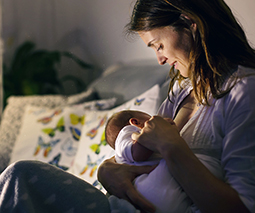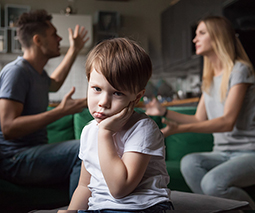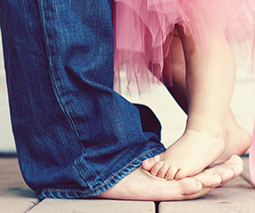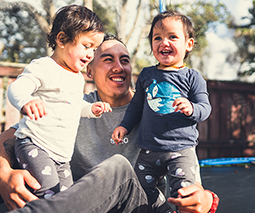Study: Dads’ confidence and emotional availability shapes kids’ behaviour
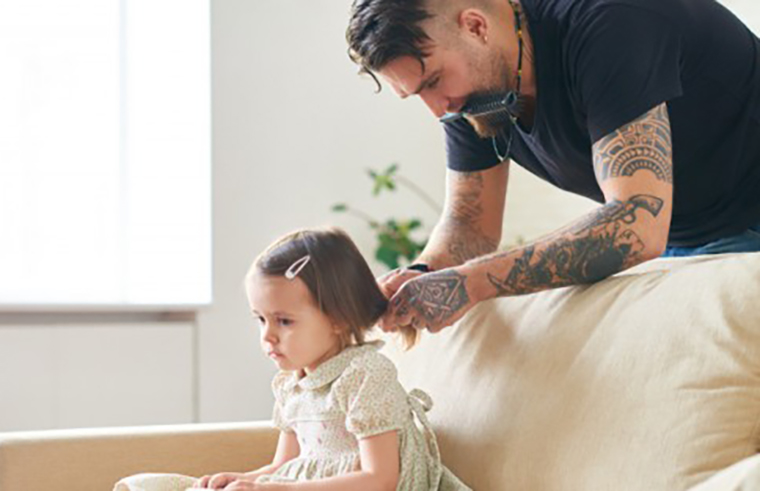
Research suggests that a dad’s post-birth attitude to being a father and partner have more impact on children’s later behaviour than their involvement in day-to-day family tasks.
Confident dads = happy kids
The study showed that the way a dad engaged with household chores or activities with their child did not influence kids’ behaviour to the degree that feelings and confidence did. In other words, a dad who pitches in equally in terms of childcare and tidying up may still play a role in his offspring’s behavioural struggles if he’s stroppy or uneasy about those roles.
Researchers studied over 6,300 children with the prerequisite that they lived with both parents until they were at least 8 months old.
Mums were asked to analyse their child’s behaviour at 9 and 11 years, analysing their social skills, confidence and tendency to boredom or restlessness.
Dads were asked to assess their feelings towards parenting when their child was 8 weeks old and again at 8 months old. Dads were also questioned on their contribution to household chores, how they were enjoying parenting and how confident they felt.
Researchers concluded that the dads who were more positive and confident about being fathers had kids who exhibited fewer behavioural issues by ages 9 and 11.
Feelings matter
Study co-author and developmental and health psychologist at the University of Oxford, Maggie Redshaw told The Guardian that it’s the feelings that matter most.
“It is the emotional connection and the emotional response to actually being a parent that matters enormously in relation to later outcomes for children.”
Other experts agree and say this signals a much-needed shift in our approach to how kids grow and thrive. The University of Bristol’s Iryna Culpin told The Guardian this new study confirms we need to focus more on how dads are navigating the early days of parenting.
“Traditionally, research on child development has been focused on mothers, their parenting and mental health, while fathers’ role is often overlooked.”
“This, potentially, has significant implications for policy, as well as parenting and health interventions that should encourage fathers’ involvement from early on in infancy and help fathers to become confident, emotionally engaged parents,” Iryna said.
So as much as mums want help with the dishes, night feeds and washing, it’s vital to note that fostering close dad-child connections and providing opportunities for dads to succeed at parenting are extremely important too.

